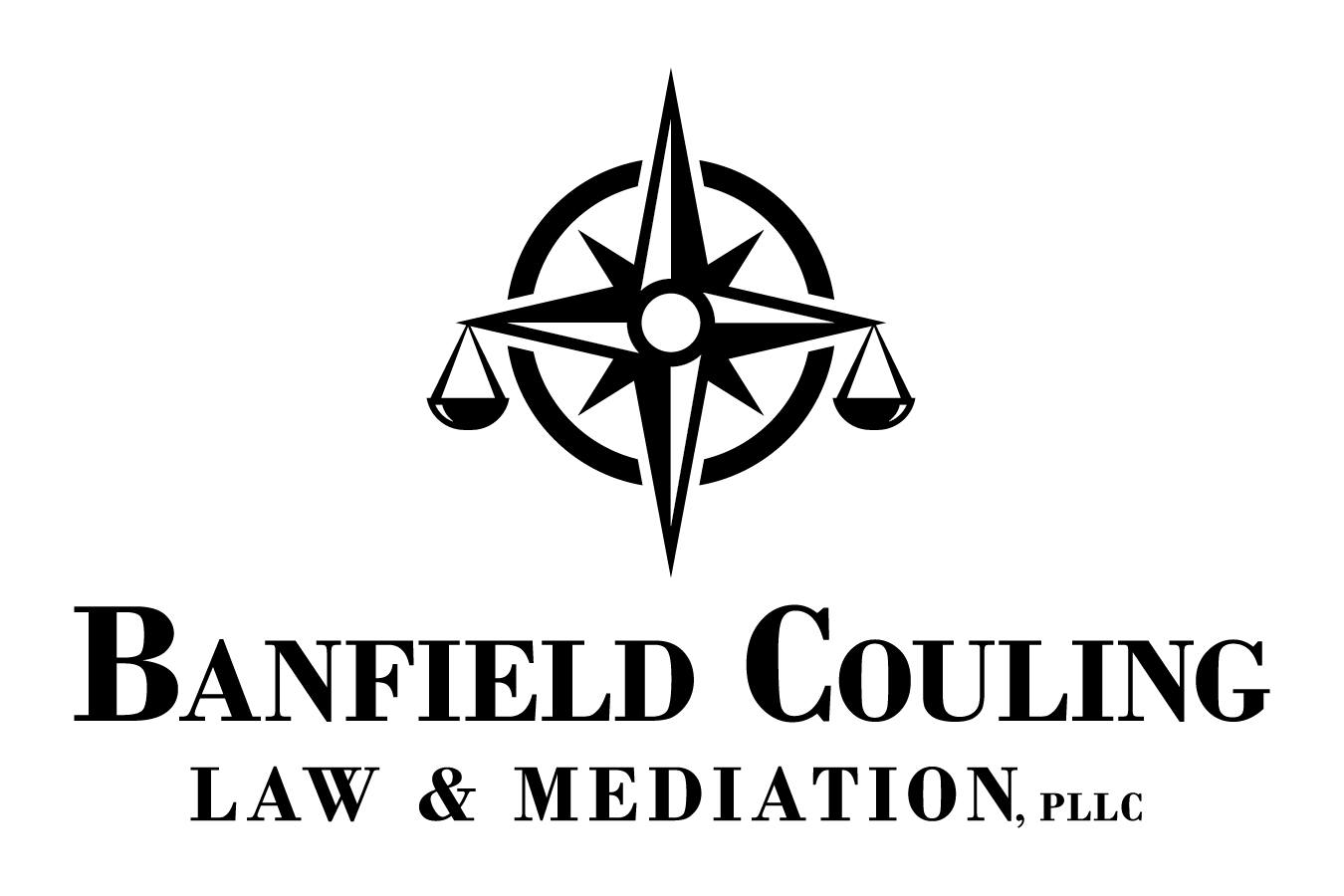Top Five Tips to Know After Your Divorce is Final
Top 5 Tips For You After Divorce:
Attorney Andrea Banfield highlights five important steps to take after your divorce is final:
1. Safeguard Your Key Documents. Place your final court documents in a safe place, such as a fire-proof box or safety deposit box. If you ever misplace your Judgment of Divorce or Support Orders, you may obtain a copy from the County Clerk’s office in the county where you were divorced.
2. Notify Your Employer. You should notify your employer you are now single, which will allow them to adjust your tax withholdings as directed by you. You should also remove your former spouse's name as a beneficiary on any of your employer provided fringe benefits, unless your Judgment of Divorce requires you continue to name them. Notification of the divorce will also trigger removal of your spouse from your employer provided medical insurance policy; if any. If you did not carry the insurance plan during the marriage, your divorce will be a triggering event to be added to your employer provided insurance policy. If you desire to receive COBRA benefits through your former spouse’s insurance plan, you must apply within 60 days of the divorce or you forfeit the right.
3. Vehicle Title and Insurance. If your vehicle is presently titled jointly with your former spouse, you will need to re-title it with the Secretary by having your former spouse assign the title to you. If there is a lien, you will have to wait until the loan is paid in full to file with the assignment with the Secretary of State. Be sure your vehicle insurance does not list your former spouse on the policy, to ensure that any reimbursement checks for future claims are only issued to you.
4. Life Insurance. If your Judgment requires your former spouse to continue to name you or the children on your his/her life insurance policy, it will be important that you contact the life insurance carrier directly to be sure this designation is made. If the insurance company is not notified in writing of this requirement, they may refuse to pay in accordance with the Judgment of Divorce.
5. Retirement Plan Divisions. If one of your issues in your divorce dealt with division of retirement benefits or equalization of retirement accounts, the language of your Judgment will protect your rights in the plan, but separate Orders called an Eligible Domestic Relations Order (“EDRO”) or Qualified Domestic Relations Order (“QDRO”) or a formal Letter of Instruction for Non-ERISA plans are mandatory to receive or divide the benefit post-divorce. If you do not handle this process in a timely manner, you are at risk of losing your share of the benefits awarded to you. Usually, dividing retirement funds is a separate step after your divorce is final and your attorney’s service do not cover entering QDROs, EDROs or handling the division of your retirement assets after the divorce is final. Your Judgment in itself does not transfer interests in retirement plans and failure to follow through does not eliminate the requirement to divide the plan. Especially if you have been awarded a share of your ex-spouse’s retirement assets, it is critical to contact your attorney after your divorce is entered to ascertain what steps are necessary to secure the specific funds or assets awarded to you.
PLEASE NOTE: This blog is not intended to constitute legal, financial and/or tax advice. We do not recommend making important decisions of the type addressed in this article without specific legal or tax advice by a licensed accountant or lawyer.

